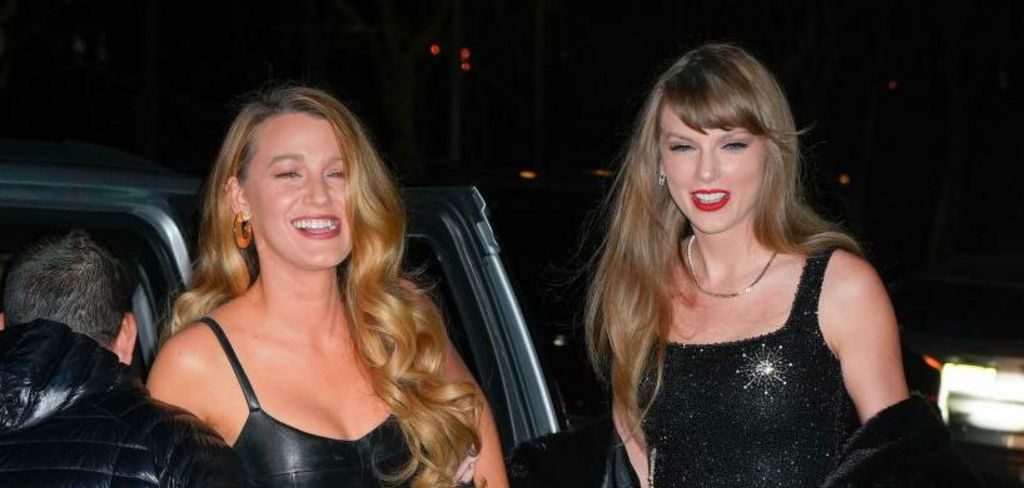- Taylor Swift’s lawyers say she has no material role in the lawsuit between Justin Baldoni and Blake Lively.
- Baldoni’s team requested a deposition for Swift in late October, citing her schedule conflicts.
- Lively’s attorneys oppose the deposition, accusing Baldoni of trying to create media attention through Swift.
- Court documents reveal Baldoni’s team wanted the deposition scheduled Oct 20–25, after Swift’s album release.
- Swift would only comply if compelled by the court, and her legal team maintains she has been unaware of prior details.
- Earlier, subpoenas were issued to obtain messages between Lively and Swift but were withdrawn after objections from Swift’s lawyers.
Taylor Swift has formally responded to claims that she would be deposed in the ongoing legal dispute between actor Justin Baldoni and his co-star Blake Lively. Her legal team emphasized that the singer has no substantive role in the case and did not consent to a deposition, directly challenging assertions made by Baldoni’s representatives.
Baldoni’s attorney had previously requested a deposition for Swift in late October, citing her busy professional schedule. Meanwhile, Lively’s legal counsel opposed any extension of court deadlines, arguing that Baldoni was attempting to draw Swift into the dispute to generate media attention. Any deposition would only proceed if the court approved an extension to accommodate Swift’s availability.
The conflict is part of a wider, high-profile feud surrounding the 2024 film It Ends With Us, which Baldoni directed and produced. Lively had filed a lawsuit last year, accusing Baldoni of on-set sexual harassment and efforts to damage her reputation. Baldoni’s defamation countersuit was dismissed earlier this year.
Documents reviewed by media partners show Baldoni’s team seeking court permission solely to schedule Swift’s deposition between October 20-25. They argued that Swift had agreed to participate but could not do so before that period due to prior professional obligations, including the October 3 release of her new album, The Life of a Showgirl.
In response, Lively’s lawyer filed a letter urging the court to deny the extension request. He contended that Baldoni’s team had no valid reason for the delay, had failed to communicate in a timely manner with Swift’s representatives, and were attempting to exploit the singer’s involvement for media gain.
Swift’s attorney reiterated that the singer has consistently had no meaningful role in the case and would only provide testimony if compelled by the court. He confirmed that the only feasible week for her deposition is October 20-25 due to scheduling constraints.
Earlier in the year, Baldoni’s lawyers sought communications between Lively and Swift through subpoenas, but these were withdrawn after Swift’s team protested that the requests were overly broad. While Lively’s team sought to block the release of these messages, a judge later ruled that communications regarding the film set environment are relevant and must be shared with Baldoni.
The legal battle continues to unfold, now complicated by debates over third-party participation and the role of celebrity influence in court proceedings.



